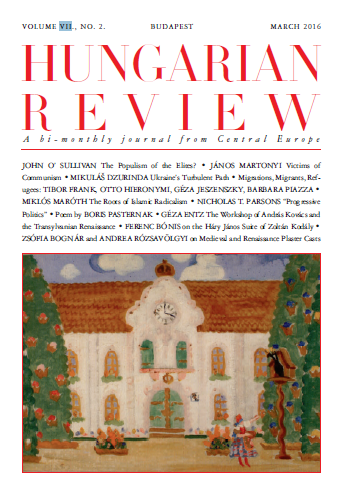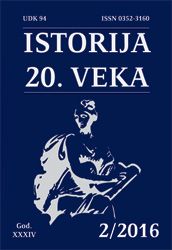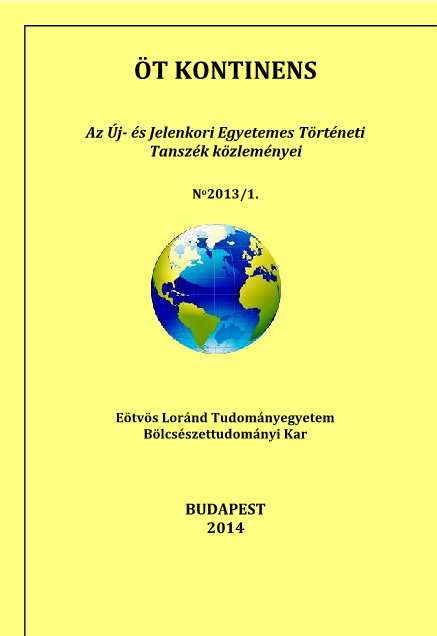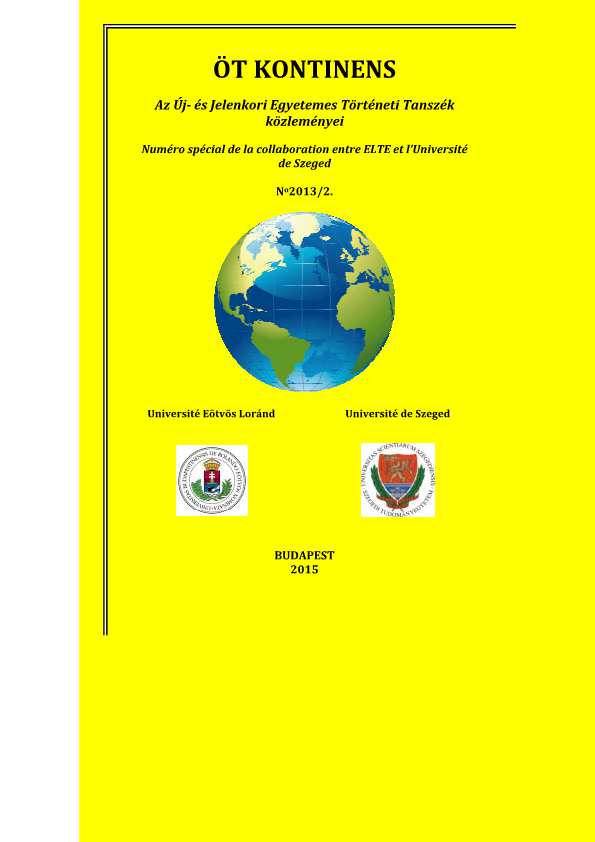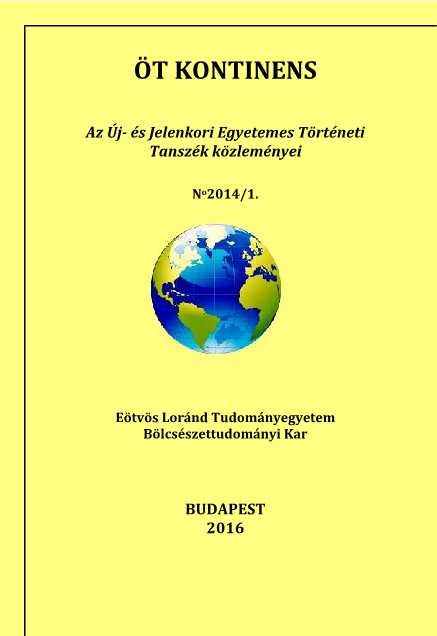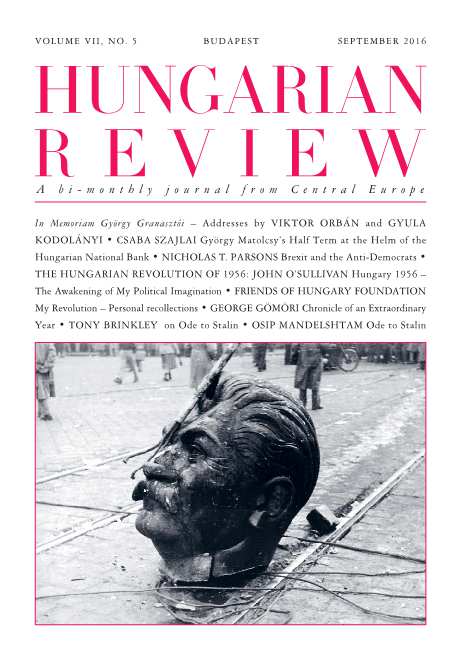Author(s): Krisztián Glaub / Language(s): Hungarian
Issue: 4/2015
With the establishment of the Stalinist system, nationalization commenced even in sports in Hungary. After various restructuring efforts, the single-party state created an extremely centralized top organization to oversee sports (OTSB), which was directly controlled by the party, more specifically by the Sports Department of the Administrative Office of the Hungarian Working People's Party (MDP). This department was led by Mihály Farkas, one of the most powerful politicians of the system, who, as minister of defence, championed the idea of creating a sports club for the army. Established in December 1949 in Kispest and officially founded in February 1950, Budapest Honvéd was one of the most distinguished sport clubs of the Rákosi era up until its fall in the autumn of 1956. This is especially true of the football division where such soccer geniuses as Ferenc Puskás and József Bozsik were playing, and where key players of the Hungarian national side, the Mighty Magyars, including
Sándor Kocsis, Gyula Grosics and Zoltán Czibor, ended up through “controlled” transfers. However, due to the circumstances, the players could not become professional footballers: officially, all of them were officers of the Hungarian People's Army, who supplemented their salary with modest bonuses and smuggling, which was tacitly overlooked by the Farkas-led sports leadership. Between 1950 and 1956, the “Great Honvéd” won one championship after the other and remained Hungary's most successful football club even after Mihály Farkas was deprived of some of his powers in the summer of 1953. After losing his seat of defence minister, Farkas was not in a position any more to influence the life of the sports society with the usual favours, and the team harmony, between the players accustomed to rewards started to break down. In the summer of 1956, the MDP party leadership named Farkas “the primary person responsible” for the unlawful Stalinist acts, and had him arrested in autumn. In the same autumn, after the fall of the revolution and war of independence, several Honvéd footballers and leaders, then on a tour abroad, decided not to return home. This way, in paradox way simultaneously, yet independently from each other, ended the career of one of the most prominent leaders of the Stalinist era and fell into pieces the greatest and most successful football team of the 1950s.
More...

